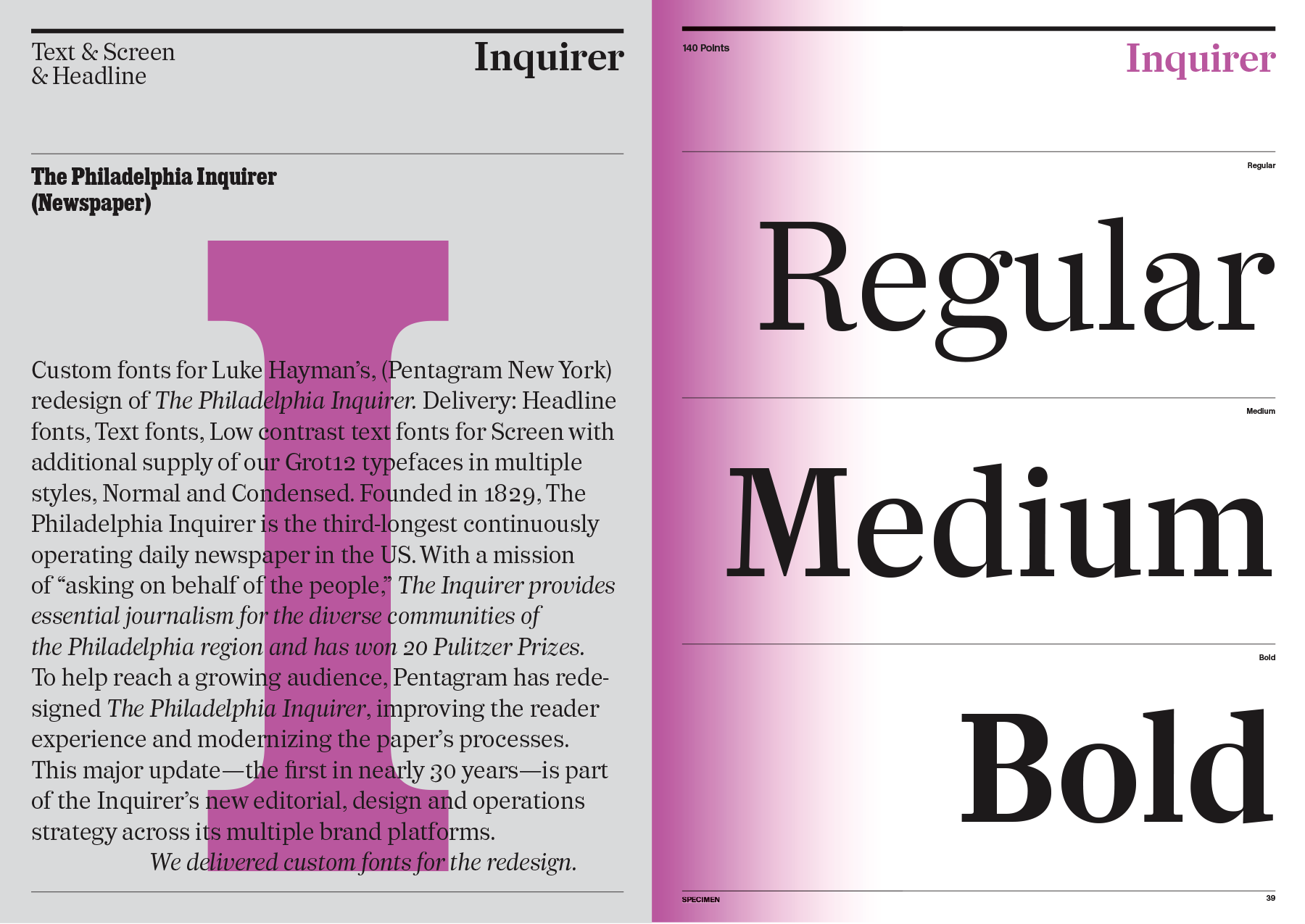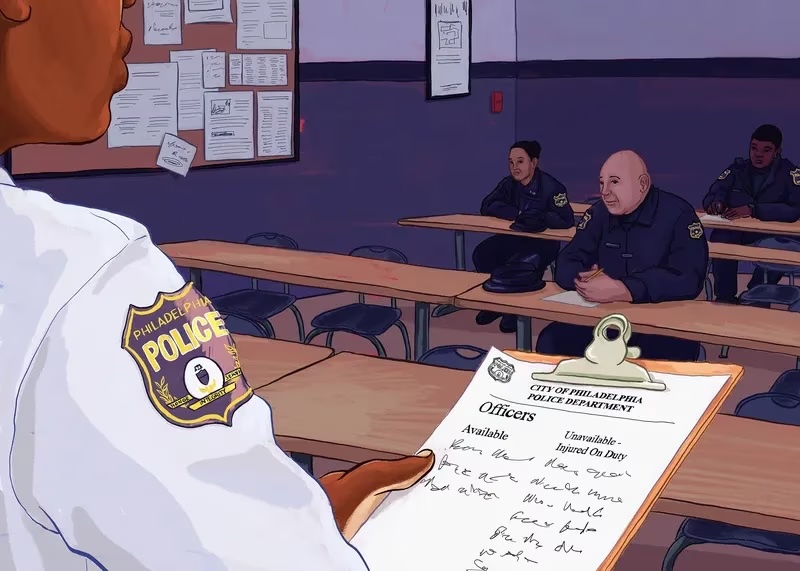The late Chuck Stone was awarded a Special Citation for his groundbreaking work as a journalist covering the Civil Rights Movement, his pioneering role as the first Black columnist at the Daily News, and for co-founding the National Association of Black Journalists. Read more.





